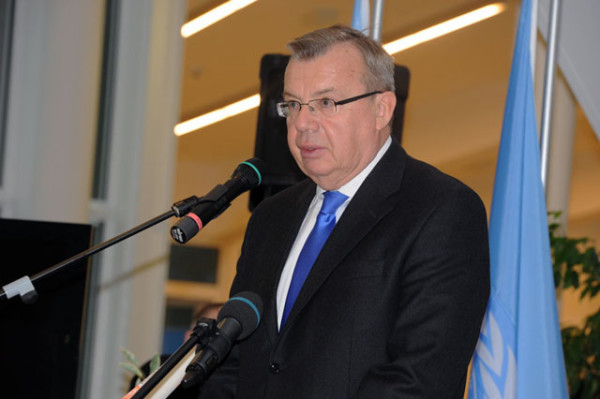The UN Office on Drugs and Crime (UNODC) says it is partnering Facebook and Andela to organise the second edition of Hackathon4Justice, a global programing contest.

The partnership is aimed at finding technological solutions to stem crime, uphold justice and promote the rule of law.
Mr Sylvester Atere, Outreach and Communications Officer, UNODC Nigeria Country Office, announced this in a statement issued by in Abuja.
The Hackathon4Justice contest participants are required to use their coding skills to develop educational games for mobile platforms, focusing on justice and the rule of law.
The statement recalled that the first edition held in Lagos in March 2019, brought together 50 Nigerian students from selected tertiary institutions and recorded huge success.
“Through the UNODC’s Education for Justice Initiative, young Nigerians will be bought together for a two-day hackathon event.
“The two-day event, taking place at Andela’s headquarters in Lagos from Feb. 8, is aimed at sparking creativity in young people whilst pushing their coding capabilities.
“The competition will also showcase how the youth can contribute to implementing SDG 16, which promotes peace, justice and strong institutions by 2030,’’ the statement read.
Participants at the first Hackathon4Justice event were tasked to find innovative technological solutions to various rule of law issues.
“The competition was won by a web application from University of Lagos team, named “Let’s Fight Trafficking” (TFL).
The application was designed to help educate public about finding human trafficking victims.’’
Atere stated that the TFL was created to unmask traffickers.
He explained that the TFL features an e-learning planning platform on human trafficking; a facial recognition system that matches feed from webcams and other images to determine existing case with similar images in the database.
Other features of TFL are: a portal for victim’s close friends to file reports about trafficking in their area and a heat map generated from reported data to enable users to know where trafficking was most prevalent so as to take preventive measures.
